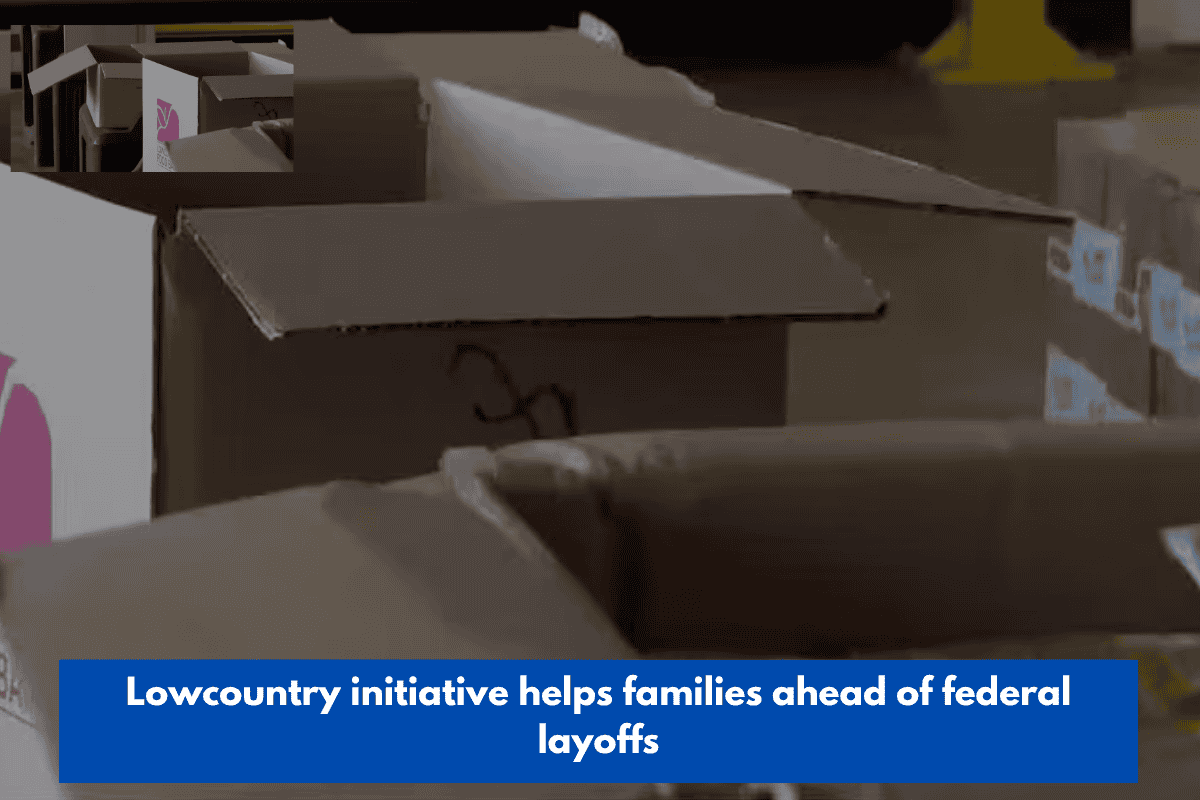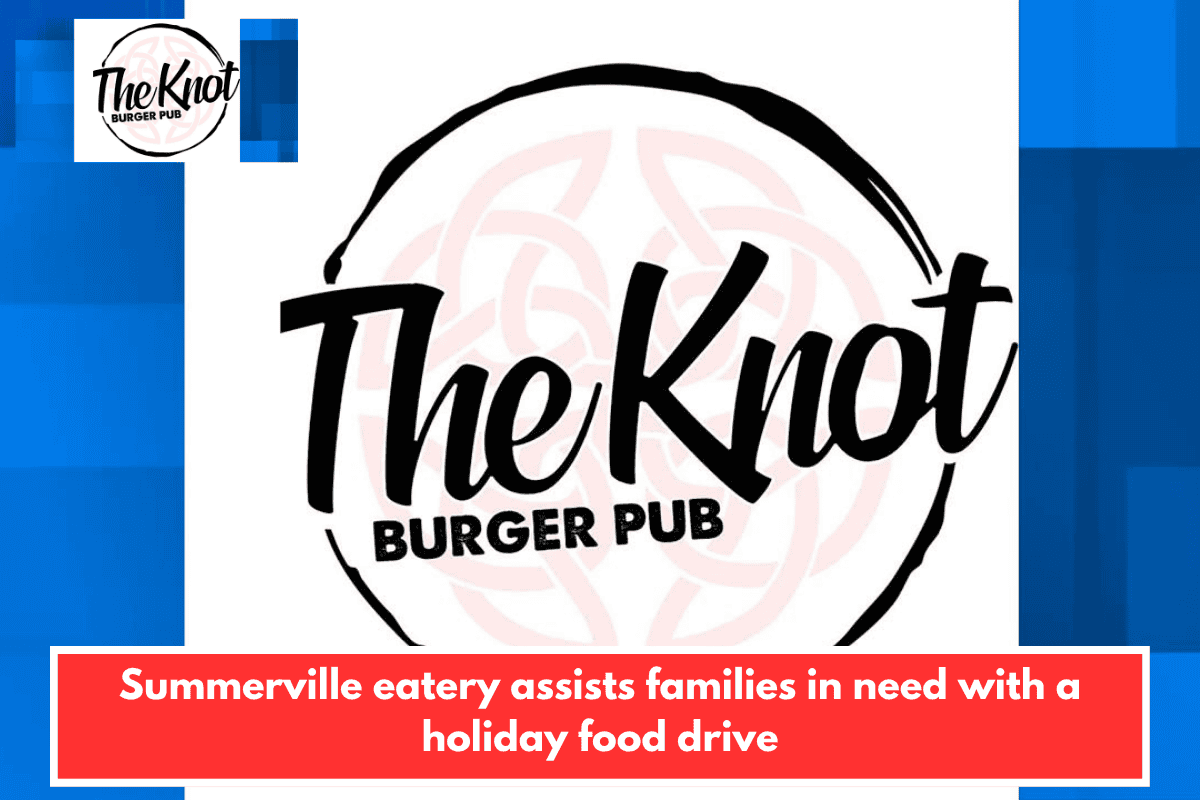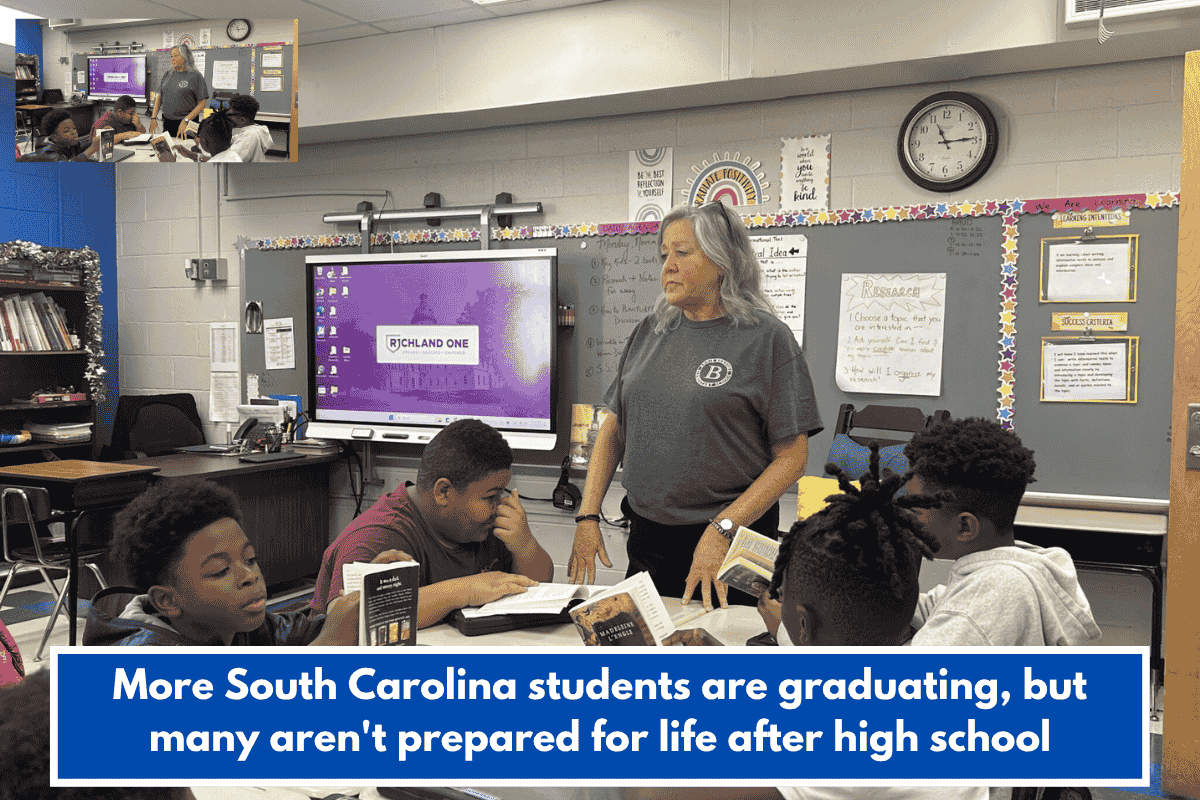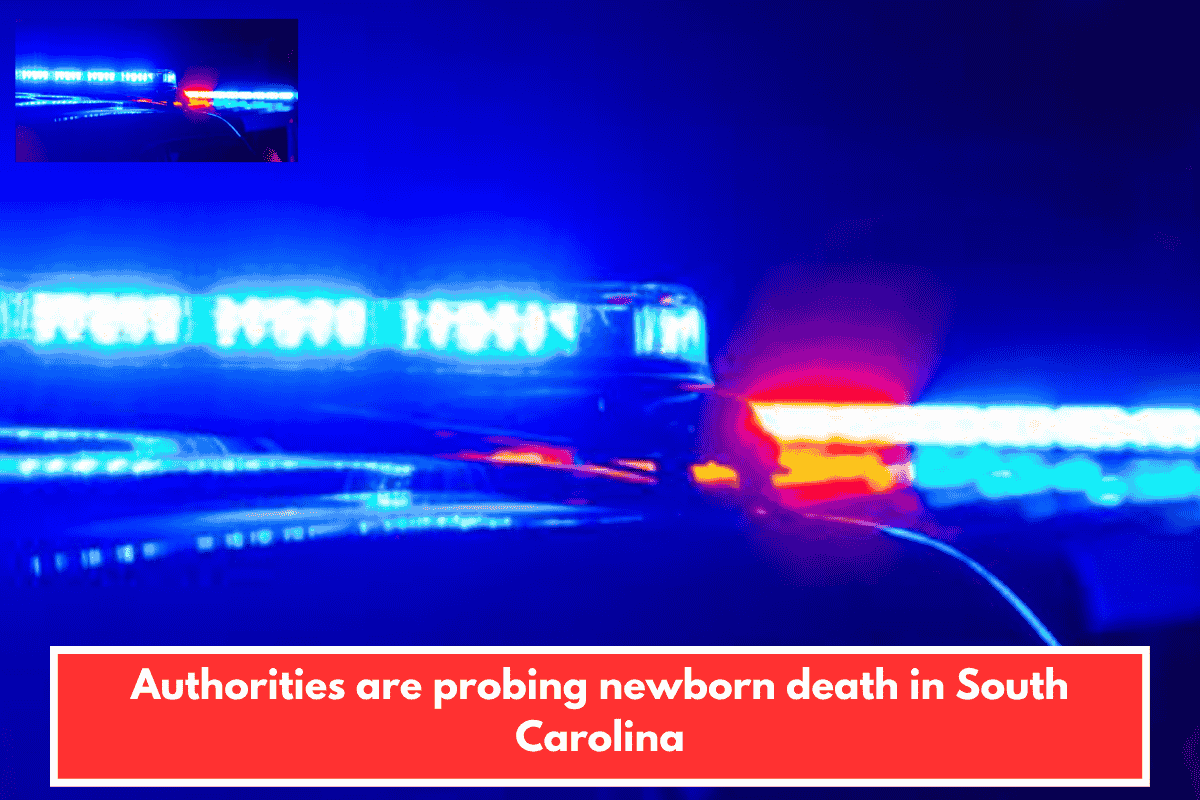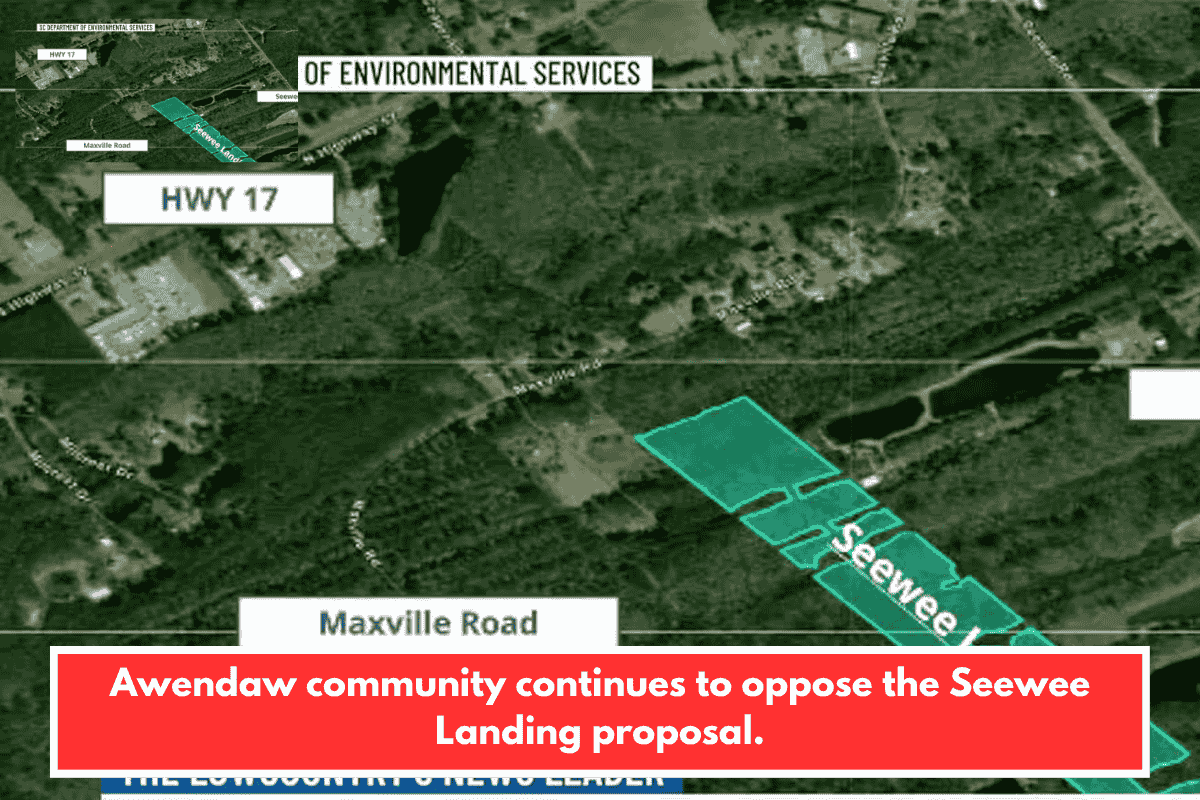North Charleston, South Carolina – One non-profit organization is ensuring that families have the resources they require ahead of federal cuts to the “Adopt A Community” program.
Soul Harvest Outreach Ministry, a nonprofit 501(c)(3) organization, began the program four years ago.
The program aims to connect families with over 40 resources and organizations. Soul Harvest Outreach Ministry Executive Director Sylvia Evans explains that their work focuses on six causes that lead to crime and poverty.
- Lack of education
- Food insecurity
- Judicial injustice
- Limited social-emotional well-being
- Limited healthcare access
- Housing instability
“It’s about helping the families, not with a hand-out but a hand-up to be able to sustain a way of living or quality of life that will not only benefit them as a family but as a community,” according to Evans.
Evans said the program is especially important for families who may be impacted by Medicaid and Supplemental Nutrition Assistance program benefit changes as part of President Donald Trump’s One Big Beautiful Bill Act.
The South Carolina Department of Social Services reports that approximately 300,000 households received benefits in September 2025. Nearly 30,000 of those households reside in the Tri-County regions.
Evans collaborates with NGO Sunflowers of Hope Inc. Director and Founder Sonia Hanson on the program. Hanson’s organization guarantees that families and the elderly have access to food, particularly during the summer months.
The organization recently performed a survey in the Chicora-Cherokee neighborhood in North Charleston. Hanson claims they discovered a high need for accommodation, food, transportation, and medical services.
“With the changes that are occurring right now, it is more important than ever that we band together as one to pull on each other so that we do not have to worry about the extra expense for food or resources. We can truly work together to make this happen, and that is what it is all about.”
The Lowcountry Food Bank also supports the initiative. Kara Moore, Director of Community Engagement, believes that allowing families to access all of the resources they require to survive is critical to addressing the fundamental cause of food insecurity.
“If we are truly going to make sure that families have everything they need to be self-sufficient in the long run and don’t have to make difficult choices,” Moore concurs. “Possible choices include buying food and paying rent, or buying food and receiving necessary healthcare. We need to know where to link them for further support.”
On the second Monday of each month, program leaders meet with participating organizations.
Organizations interested in participating in the initiative should contact Evans at 843-225-0171 or email [email protected].
Leaders intend to convene the next town hall for public input in December.

